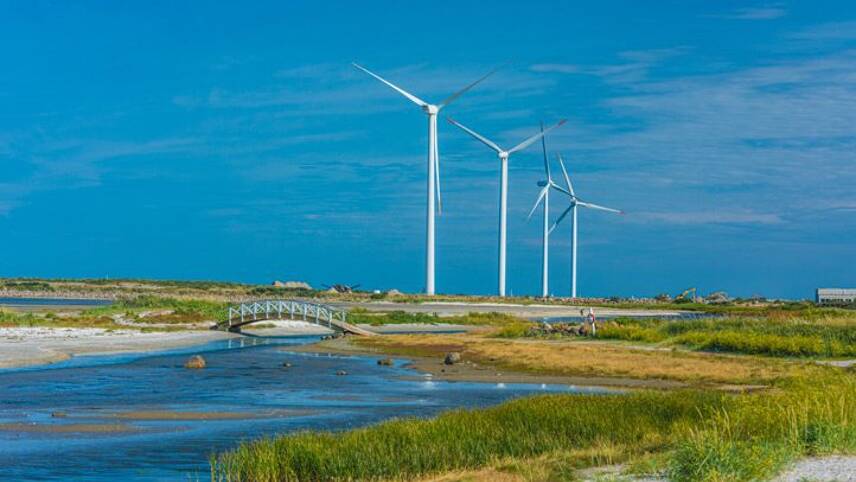Register for free and continue reading
Join our growing army of changemakers and get unlimited access to our premium content

BCG notes that renewables and low-carbon solutions need to increase from 12% of the global energy supply in 2021 to 50-70% by 2050
The TUC has found that up to 660,000 jobs could be at risk in the UK, if the nation fails to transition to net-zero emissions in line with the speed of other nations. TUC warns that more than 250,000 direct jobs across UK manufacturing sectors and more than 400,000 supply chain jobs could be “offshored” to other countries that offer more enabling policy frameworks for decarbonisation.
TUC’s General Secretary Frances O’Grady said: “The world is moving very clearly in one direction – away from carbon and toward net-zero. The UK must keep up with the pace of change. There’s still time to protect vital jobs in manufacturing and its supply chains. But the clock is ticking.
“Unless the government urgently scales up investment in green tech and industry, we risk losing hundreds of thousands of decent jobs to competitor nations. If we move quickly, we can still safeguard Britain’s industrial heartlands. The government should boost investment to at least the G7 average and commit to the Green Jobs Taskforce plans in full. Then today’s workers will know that their jobs are safe, and the future can be bright with decent jobs for their children too.”
The TUC based its analysis on data from the ONS and Catapult Energy Systems, which is funded by the Government through Innovate UK, the UK’s innovation agency.
It found that more than 38,000 direct jobs are at risk across the North West, while Yorkshire and Humber (36,900) and West Midlands (31,300) are also at risk. In comparison, London is at risk of losing just 8,100 direct jobs.
The research also breaks down direct job risk by sector. Iron and steel manufacturing could lose almost 27,000 jobs, while chemicals could lose 63,200 jobs and 41,000 could be offshored in glass and ceramics.
In response, the TUC is calling for the Government to realise the recommendations of the Green Jobs Taskforce, which includes an £85bn green recovery package that could create 1.24 million green jobs.
Sluggish transition
Previous research from the TUC, published in June this year, found that, on a per-person basis, the UK is committing just 6% of the amount of funding to the green recovery from Covid-19 pledged by the US, and just 13% of that promised by Italy.
TUC assessed how much “green” Covid-19 stimulus has been offered by each of the G7 governments. Activities classed as “green” include renewable energy generation and related infrastructure, energy efficiency, electric cars, nature conservation and restoration, public transport and active travel. Funding is assessed on both a total level and a per-person basis.
On a total funding level, the UK comes bottom of the seven, with £12.13bn pledged. The TUC has accounted for the £12bn Ten Point Plan and for a handful of other schemes, including the now-closed Green Homes Grant and the Public Sector Decarbonisation Scheme. The top three nations in terms of total funding are the US (£971.75bn), Italy (£83.87bn) and Germany (£49.39bn).
The UK is second-last in the funding per-person table, with only Japan faring worse. While the UK Treasury is investing £180 per person, the USA is planning to allocate over £2,960 per person and Italy has earmarked more than £1,380 per person.
According to the TUC, the UK could scale up its pipeline of quality green jobs tenfold if it chooses to scale investment to match the better half of the G7 table. The trade body forecasts that current plans will lead to the creation of 44,000 new jobs by 2030 but that this figure could surpass 338,000 if investment is scaled to match Canadian proportions, or 712,000 if investment is matched with US proportions.
Matt Mace


Please login or Register to leave a comment.